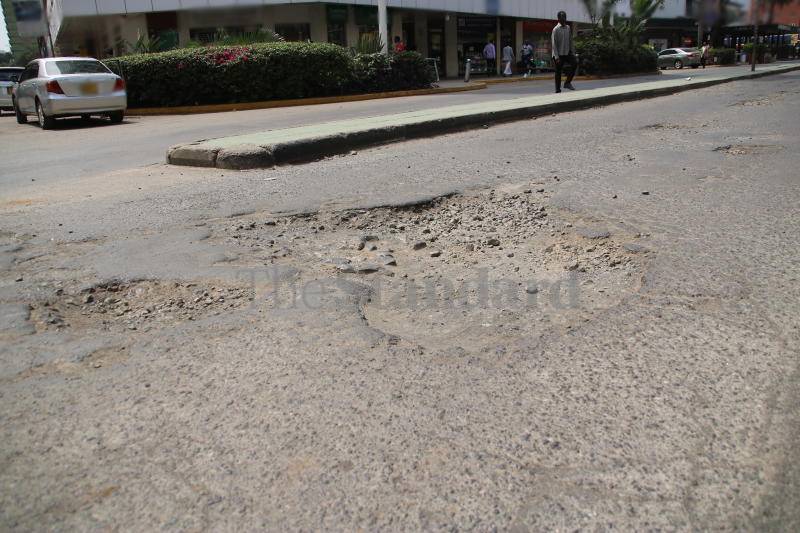
Roads are a pivotal enabler of economic development and poverty reduction. Other than facilitating the seamless movement of people and goods, road infrastructure contributes to improved agricultural productivity, trade and access to services. Roads are also crucial in fostering a viable environment for business, investment and employment creation.
As of 2020, Kenya had close to 200,000km of roads but only about 17,000km were paved. However, the country continues to invest heavily in this mode of transport with Sh212 billion set aside for construction, maintenance and repair of the road infrastructure in the 2021/22 Financial Year.